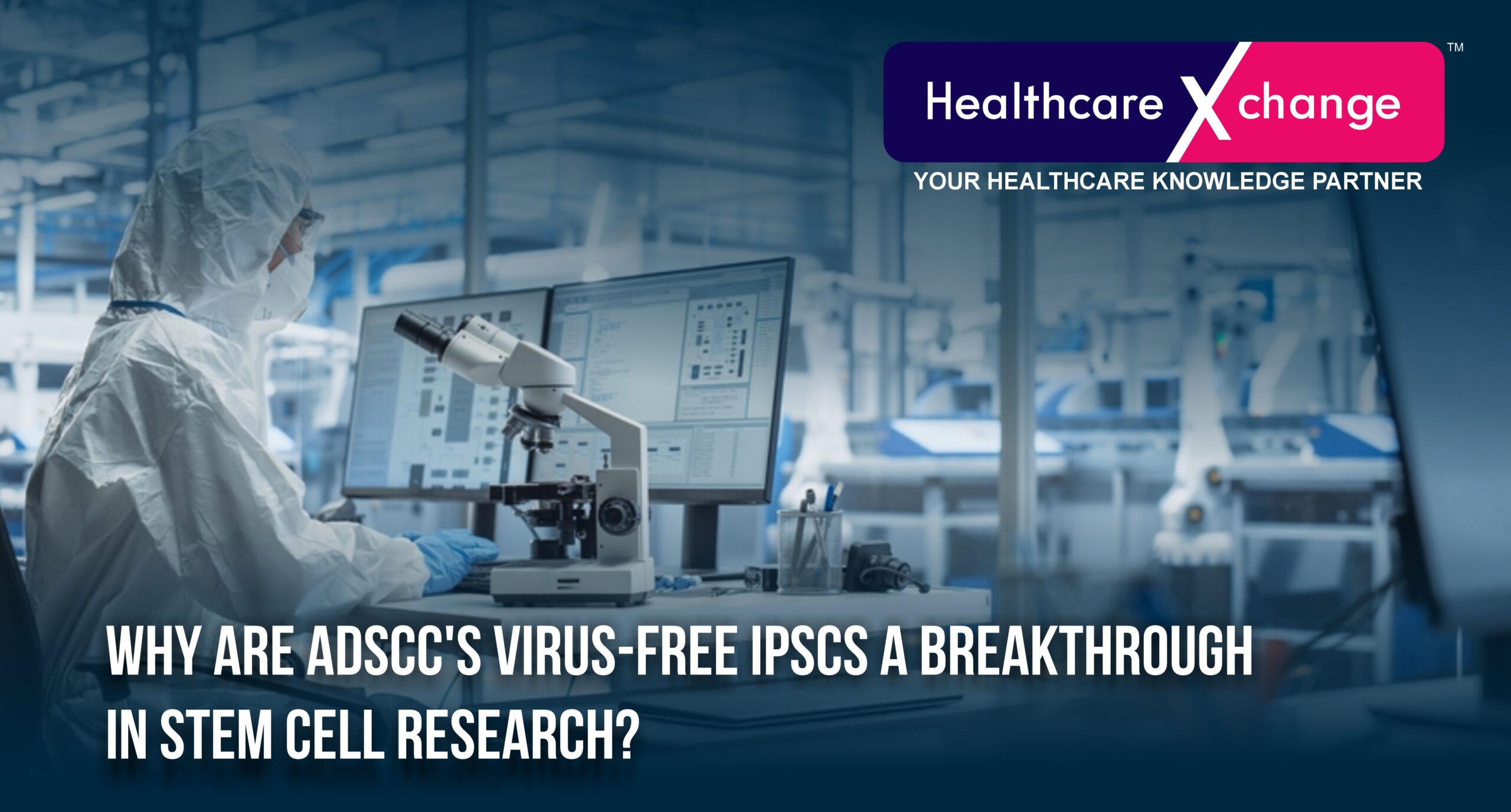
Why Are ADSCC’s Virus-Free iPSCs a Breakthrough in Stem Cell Research?
- Imaging and diagnosticsMedical Equipment and Devices
- August 28, 2025
In a trailblazing milestone for cell therapy and regenerative medicine, the Abu Dhabi Stem Cells Centre (ADSCC) has achieved a ground-breaking milestone with the creation of clinical-grade induced pluripotent stem cells (iPSCs). These iPSCs are meticulously developed in adherence to Good Manufacturing Practice (GMP) protocols, meeting the highest international standards for clinical use.
ADSCC employed proprietary, virus-free techniques developed entirely in- house at the centre’s laboratories in Abu Dhabi to achieve this breakthrough. The innovation has positioned ADSCC as the first in the Middle East to achieve this feat, establishing it as a global leader in stem cell research and precision medicine.
Induced pluripotent stem cells represent a cutting-edge advancement in biomedical science, with immense potential to transform the treatment of diseases. ADSCC is actively conducting research projects to explore the application of iPSCs in addressing neurodegenerative disorders such as Parkinson’s, Alzheimer’s, and multiple sclerosis, along with chronic conditions like diabetes.
IPSCs are generated by reprogramming adult cells such as those from the skin or blood-into a state resembling embryonic stem cells. These regenerated cells can develop into nearly any type of cell, enabling personalised or individualised treatments. Importantly, iPSCs derived from a patient’s own cells eliminate the risk of immune rejection and reduce the need for immunosuppressive medications, paving the way for safer treatments.
Professor Yendry Ventura, CEO of ADSCC stated, “The development of clinical- grade iPSCs with a proprietary protocol solidifies Abu Dhabi’s role as a hub for pioneering medical research and unlocks transformative therapies for some of the most complex diseases.”
ADSCC’s innovative method for genetic modification bypasses the standard approach to employ viruses for cell reprogramming. It significantly lessens the risk of complications such as cell transformation or tumour formation.
Professor Angelo Vescovi of the Link Campus University of Rome and Advisor at ADSCC highlighted the significance of iPSCs in personalised medicine, stating, “iPSCs represent the cornerstone of individualised treatments. By deriving these stem cells from a patient’s own cells, we can create therapeutic solutions tailored to specific needs. For instance, iPSCs can be differentiated into neural stem cells to treat neurodegenerative diseases or pancreatic cells for diabetes, enabling precise clinical applications.”
This breakthrough not only enhances ADSCC’s capability to advance regenerative medicine locally but also establishes a robust foundation for future therapeutic innovations and biomanufacturing within the UAE. Producing clinical-grade iPSCs domestically ensures superior control over the quality and availability of these transformative therapies, reducing reliance on external sources along with expediting accessibility.
Furthermore, this achievement aligns seamlessly with the UAE’s vision of becoming a global leader in healthcare innovation. ADSCC’s state-of-the-art GMP facilities and highly skilled research team place the centre at the forefront of translating scientific discoveries into life-changing medical treatments.
ADSCC’s pioneering efforts in IPSC development reflect its unwavering commitment to advancing stem cell research and personalised medicine. By establishing a reliable, clinical-grade process for IPSC generation, ADSCC has laid the groundwork for a future of transformative healthcare innovations.




